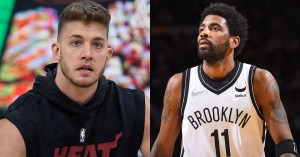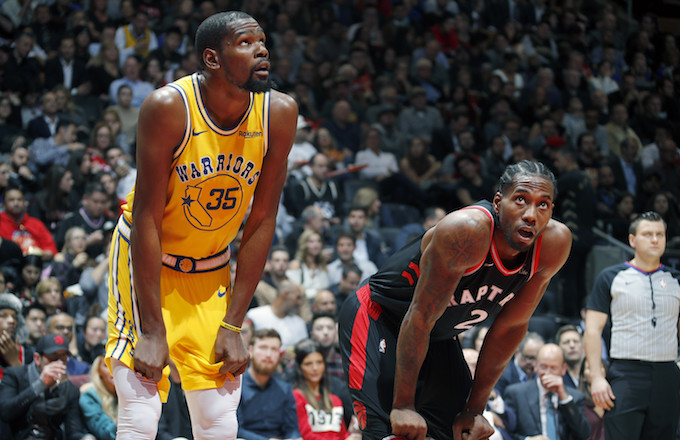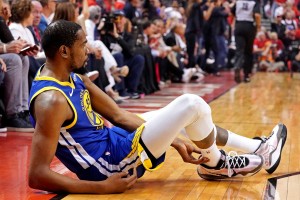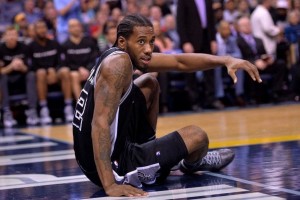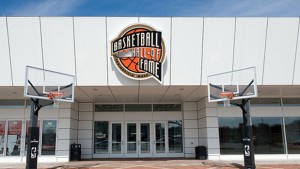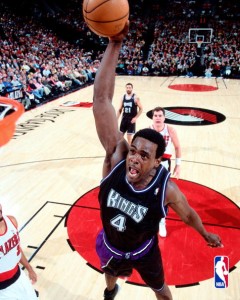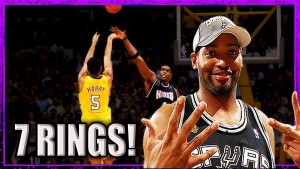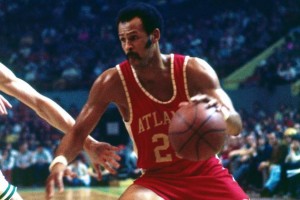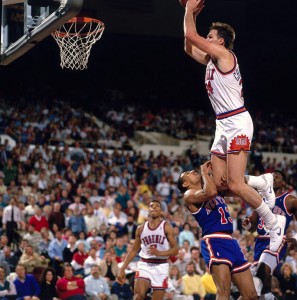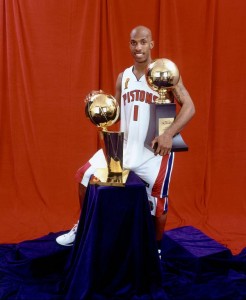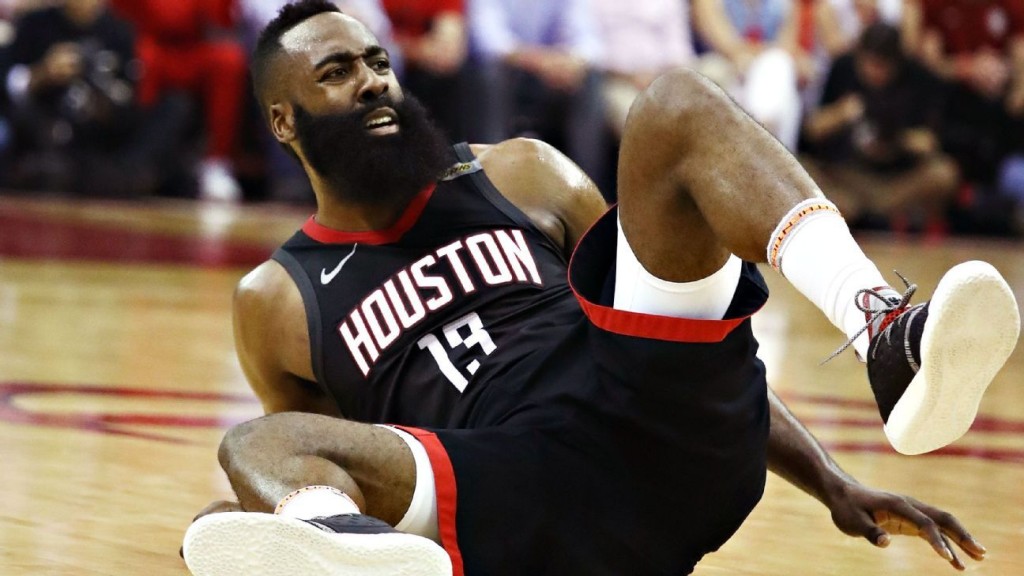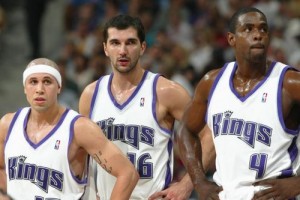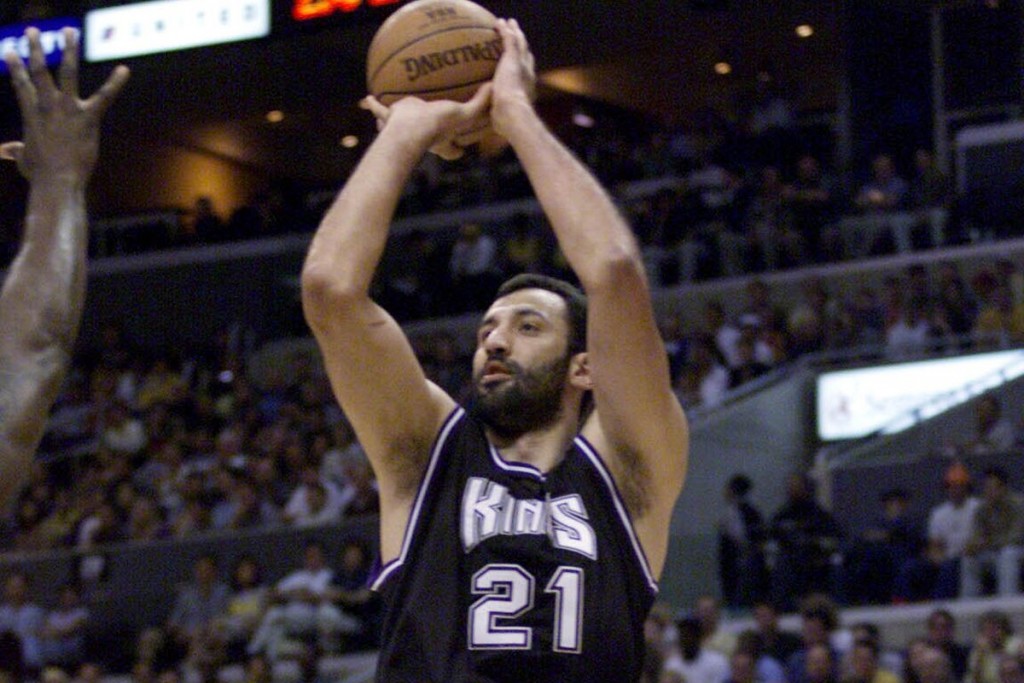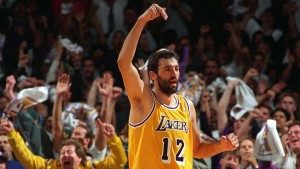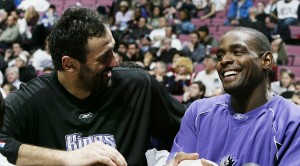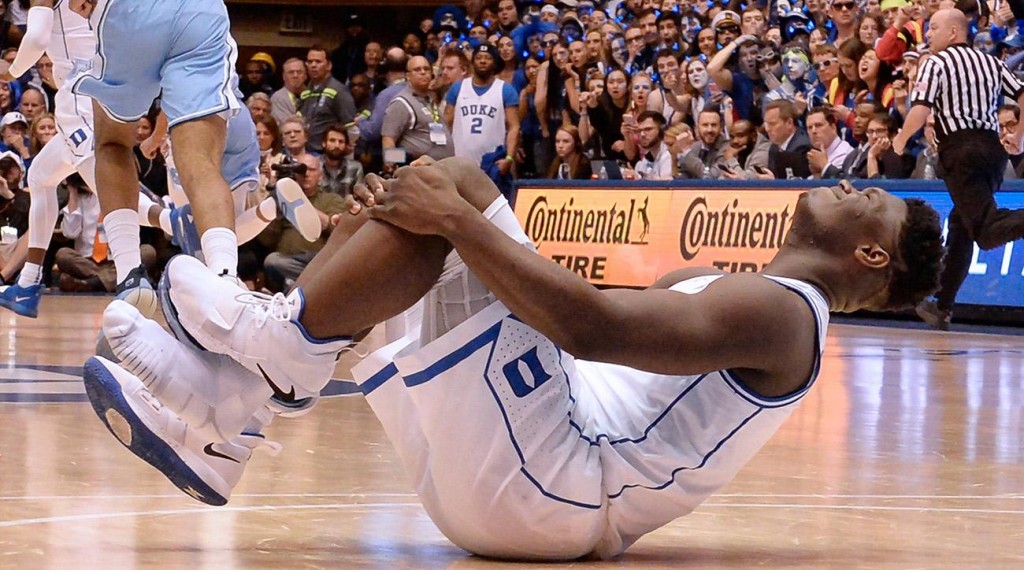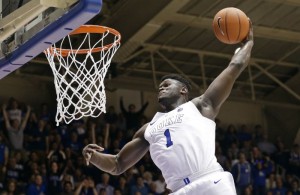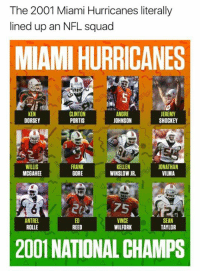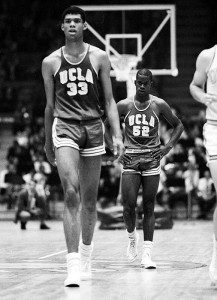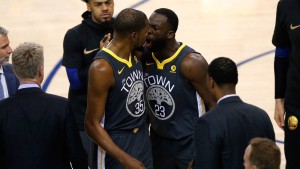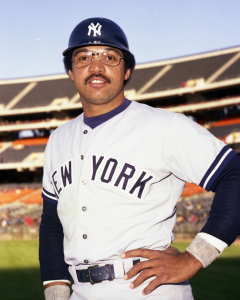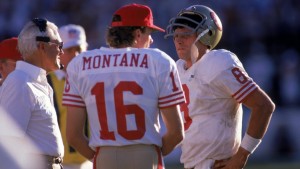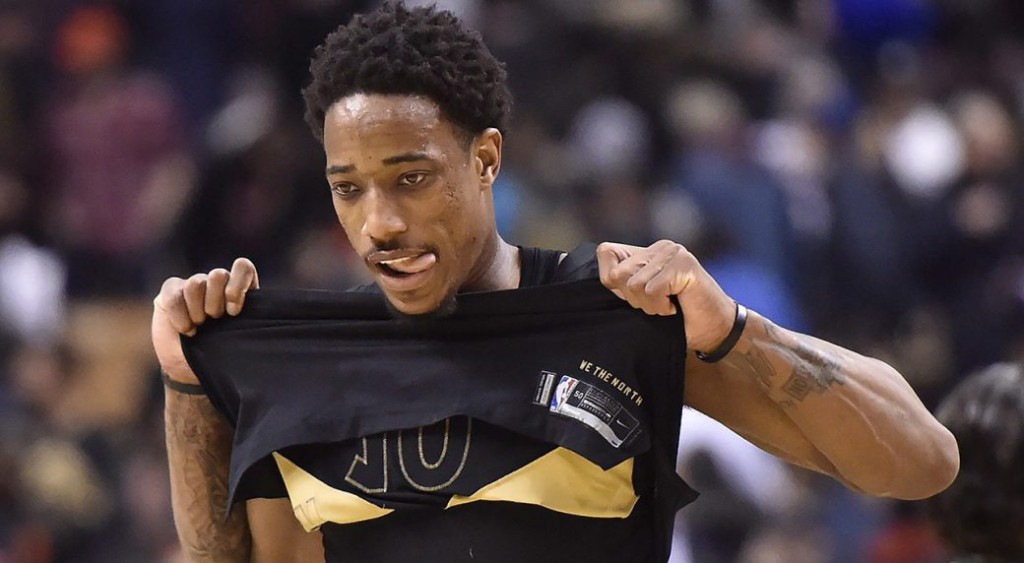by Gus Griffin


Image courtesy of Complex
If there were a vote for NBA coach of the year today, the Los Angeles Clippers’ Doc Rivers would get my vote. The team’s 16-8, which places it third in the Western Conference. It would be an understatement to say that this was not expected in the first full year of the post Blake Griffin/Chris Paul era.
If there once were whispers that Rivers rode the coat tails of three future Hall of Famers in Boston to an NBA title, they should have subsided by now.
The man can flat out coach!
He is not anywhere near quite as accomplished a social commentator.
Rivers was interviewed in the latest edition of the ESPN magazine The Undefeated and it is worth the read. The following quote is what is drawing the most attention:
“We have a lot of black players without fathers. In addition, to me that is a story that needs to be talked about, because it is difficult for the black coach sometimes. The black male figures in many of these people’s lives have burned them. So, being coached by us, some people think it’s easier, when actually it’s harder.”
Rivers goes on to cite the importance of relationships in the formula for being a successful coach.
He is right about the importance of relationships. One can never really know what kind of relationship you have with another until there is conflict or one tells the other no!
He is wrong to cite absentee fathers as the source of difficulty in building those relationships with Black athletes.
It is necessary for all who care to understand why he is wrong to recognize that NBA players are among the 1% of professional athletes. Like the one percent in any other area of life, they do not necessarily react well when they do not get things their way. Why? Because they have had a lifetime up to that point of getting what they want, within the athletic realm. Rivers mistakenly cites absentee fathers as the source of the difficulty, when in fact, this challenge is just as prevalent among multiple other 1% demographics.
The majority of highly rated high school football quarterback prospects are white and from households with fathers. Nevertheless, when they get to college and learn that they will not start, they are the most likely to transfer. They are not accustomed to being told no!
Even beyond sports, the 1% do not like being told what to do. Try telling the top 1% of the richest to pay their fair share of taxes and see how they react. Needless to say…but I will say it anyway; demographic is almost exclusively white men and they clearly have a reasonably healthy relationship with their fathers, because that is often from where their inheritance came. Observe the reaction of the 1% of the most beautiful women in the world when they do not get their way. Consider the rantings of a Supreme Court nominee when anyone dare question his fitness for the court. Cross a “made man” in the mafia and you may just end up at the bottom of a river.
People who have been accommodated all of their lives do not see it as privilege but as entitlement, and that is what Rivers is confusing for absentee fathers.
Three things are most troubling about Rivers’ comments; the first being that he contradicts himself in the same interview when he says the following:
“You can’t group anyone. They all have their own way about them, and it’s our job to try to figure out each guy.”
Isn’t that exactly what he has done to Black players?
Yet another troubling aspect is that he co-signed (I do not believe consciously) on a contributing narrative to the number of Black men being killed by police. This is to say the more one fuels the notion of Black men being hard to control, neglectful, no-good, violent, etc., the more viable the defense of police is to the public, (from which juries come from in the rare occurrence of a trial) when they claim to have been “in fear for their lives”.
Rivers is not the only culprit. Both corporate and social media promote this stereotypical narrative. The messenger through social media are often justifiably frustrated single mothers left to raise sons on their own. Some would rather broad brush Black men than look in the mirror to figure out why they picked a partner neither interested, suited, or economically ready for fatherhood. None of this absolves those who are indeed absent from the lives of their sons or daughters. There are explanations most notably of which would be deindustrialization of urban areas and the loss of jobs that came with that phase as well as the War on Drugs. But there are no excuses. It is to say that there has been no lack of light shined on this particular demographic for its shortcomings in this area.
The third factor is about media literacy when discussing the “absentee” Black father. By that, I mean exactly what metric is being used. When one does the “beyond the headlines” work of seeking out original sources for a story or research methodology, you would be shocked to learn how some of the data is comprised. For example, I have read some data that determine absenteeism as having never been married to the mother. Others declare no court ordered child support as absenteeism. Under those two, I was not involved in my son’s life…even though I raised him by myself (certainly not without struggle) from the time he was 7 years old. Simply put, the narrative of the absentee Black father is among the most embellished in American society.
In my nearly 25 years as an educator, coach, and mentor in the greater Washington DC area, I have worked with a huge sample of young Black men. Some, indeed, did have inconsistent to non-existent relationships with their fathers. Nevertheless, my experience has been just the opposite of what Rivers describes; they long to trust…as long you do not give them reason to mistrust. In other words, just like any other group of human beings.
Rivers made a very superficial, half-peeled onion assessment that is about as valid as me suggesting his being married to a White woman means he can’t relate to Black people. When former, long-time NBA coach George Karl suggested the same thing in his book a few years ago, he was roundly criticized. Rivers deserves no less.
Sports is a mega platform for a myriad of ideas to be espoused and discussed. Thus, while its occupants are entitled to their opinion, it is important to make sure that such are well thought out and have verifiable support. When they do not, writers or any other observers have an obligation to push back against the flawed narrative, regardless to how often it has existed and is repeated. In the case of Black men in America, taking on such a responsibility can literally be a life and death decision.
Gus Griffin, for War Room Sports

